Two times a week, you’ll find me playing tennis in an advanced-level clinic at Neighborhood Tennis in Coral Gables. I recently partnered with a guy who didn’t seem to trust our coach’s scorekeeping. At least, I assume that’s why he shouted the score after every point. The coach’s line calls were similarly suspicious, and this man disputed almost every ball that landed near the line. This guy cared way too much about winning.
Why did I care so much? Why did my bad backhand embarrass me so badly?
Winners stayed on court one. Losers dropped down to court two, then three. After I hit several easy forehands into the net and missed two volleys I should have put away, my partner and I dropped to court three. When I mis-hit a backhand that sailed out, I flung my racket into the back fence.
My partner asked if I was okay. I felt so embarrassed and not because I caused our losses, but because I was a worse bad sport than he was. Why did I care so much? Here I was, surrounded by seniors playing tennis, and it really mattered.
My Glorious Youth as a Tennis Player
I started playing tennis at age 10 and played through college. I played in tournaments around the state and built a junior tennis career. I was gunning for Wimbledon.
Tennis was what I was good at. When I played poorly, it meant that maybe I wasn’t good at anything.
At one point, I made the top 10 in Florida. But I was always a bad sport. I threw my racket, screamed, and cried when I lost. I got point penalties, game penalties, set penalties. Once, a disciplinary representative from the United States Tennis Association came to our house to reprimand me. My parents were probably embarrassed and obviously pissed. They made me work to buy my own rackets, which, when I started in the late ‘70s, were made of wood. So I wound up washing a lot of cars in the neighborhood to keep up with all the rackets I shattered.
Back then, I never questioned why I acted like such a sh*t. I thought I just wanted to win. And there was John McEnroe, infamous for temper tantrums, always in the spotlight. He was my role model. He was number one in the world.
Now, at 54, I know there was more to my behavior than just wanting to win. Tennis was what I was good at, and when I played poorly, it meant that maybe I wasn’t good at anything.
My Return to the Court
I played well enough to get a ticket to a good college. Then after graduation, I quit.
For 25 years, I rarely played. If I did play, I missed shots I knew I should make. I figured, if I wasn’t what I once was, I’d rather not play at all.
For me, tennis isn’t just a game. I don’t go out and play for fun.
Then, about five years ago, a friend asked me to hit balls with her. She didn’t grow up playing, so I said no. I wasn’t polite. We’re good friends, so I told her the truth: that I don’t play with beginners. Tennis players—I mean, those of us who played seriously as kids—don’t go out and play for fun. This might also be true for any sport, but for me, tennis isn’t just a game.
My friend assured me one tennis hour with her would not be a waste of time. Turns out, she’s pretty good.
The first time we played, I wasn’t what I was, but tennis is like a language. If you learned it as a kid, you always have a higher baseline than someone who didn’t play growing up. At that point, in my late 40s, I couldn’t run down every ball or outlast any opponent, yet for some reason, my expectations changed, and I actually had fun.
These days, I love sliding for a ball that’s almost out of reach. I love the feeling of a forehand hit just right.
Who’s the Bad Sport Now?
When a woman a few years younger than I am, always in a perfectly matching tennis outfit—always Nike, always Dri-Fit, always a tank and skirt—asked me to play outside of clinic, I thought: I still have it!
She got us a court at her club, and within minutes, she took a three-game lead. But then she double-faulted, and I sensed a weakness. I hit every ball to her backhand until we were tied four all. Then she hit a drop shot that I scooped up and barely got over the net. She missed my return and banged the net with her racket. I know this anger well.
She missed my return and banged the net with her racket. I know this anger well.
She said, “The ball bounced twice.” The weird part was she played my shot. When she missed, she backtracked.
I said, “Let’s play it over,” which is standard tennis etiquette.
She said, “No, it’s my point.”
I know I said tennis isn’t just a game, but of course tennis is just a game, so I gave her the point. That doesn’t mean I didn’t run her ass into the ground.
The Aging Athlete
Last week, at the clinic, I played singles against a man with a backhand slice. Every player in the generation before me hit a backhand slice, which is how I could tell he was in his 60s, one of the seniors playing tennis. Every time he missed, he yelled, “Come on now!”
I’m still a bad sport like I’ve always been, but now I understand why.
We were playing a game to 11. I led eight-four when he called one of my balls out. Sure, my shot might have been out, but it probably wasn’t. We were playing on clay courts, and when a ball lands on clay, it leaves an obvious mark. I could see the mark.
This time, instead of bearing down to kick his ass, I let up. His bad call broke my heart. But I understood.
I’m still a bad sport like I’ve always been, but now I understand why. I’ve had some successes since my younger tennis days. But I’ve never gotten as good at anything else. Now, when tennis comes back to me, I’m that player again. Without it, I feel ordinary.
No one at the clinic is gunning for Wimbledon anymore, but the aging athlete with the backhand slice comes to the tennis clinic for the same reason as the woman in the perfect outfit, for the same reason as I do. Because we were once excellent at tennis—at something—and now we’re desperately trying to keep that ball in play.
A version of this article originally appeared on NextTribe in July 2022.

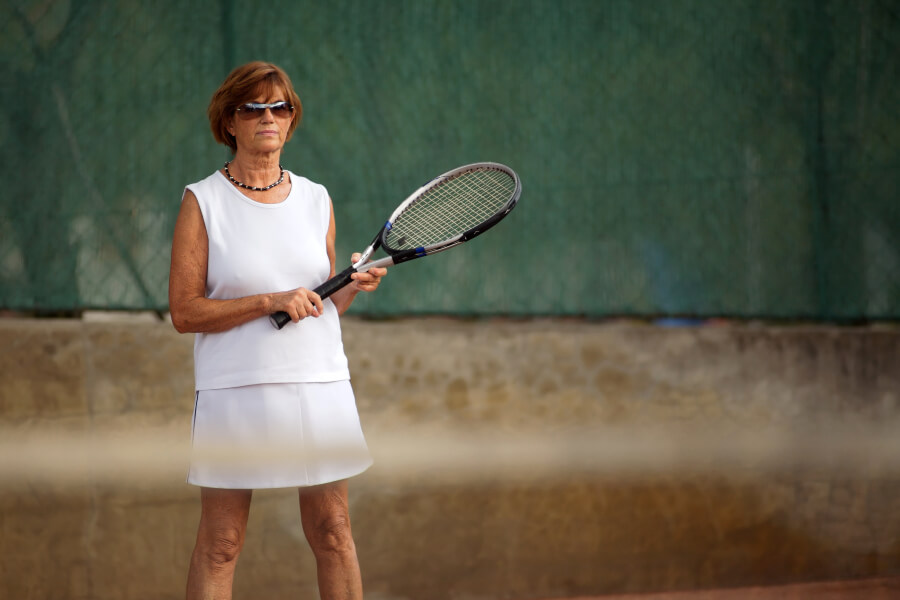






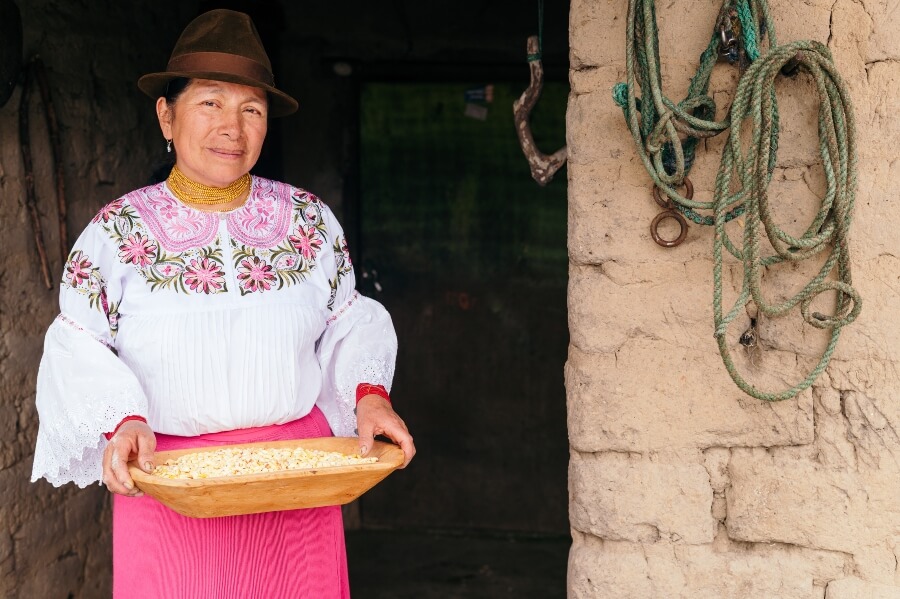


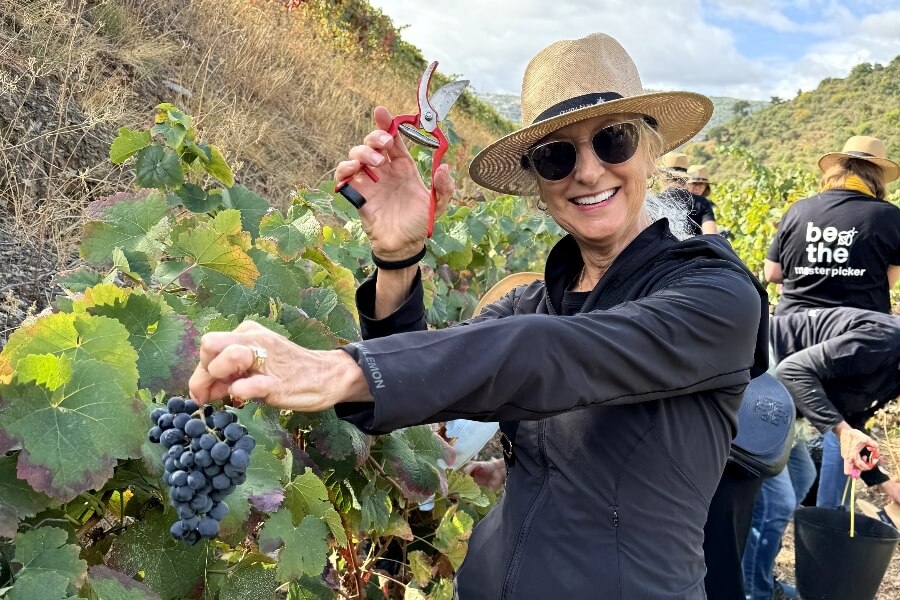

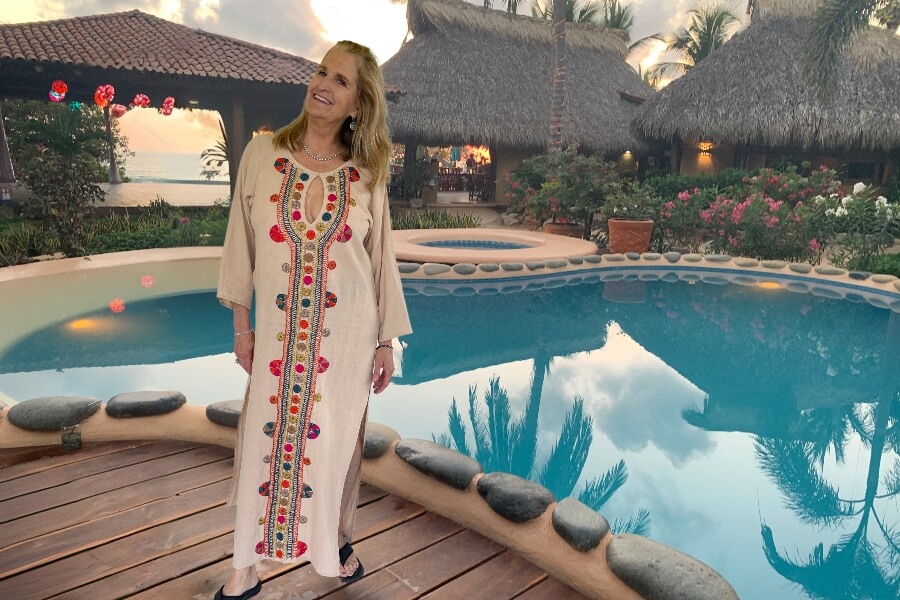




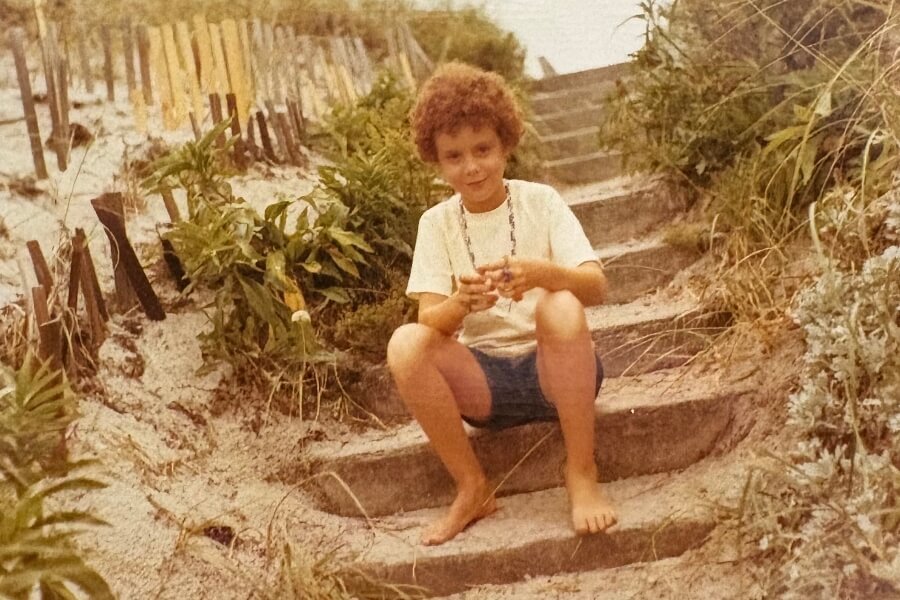

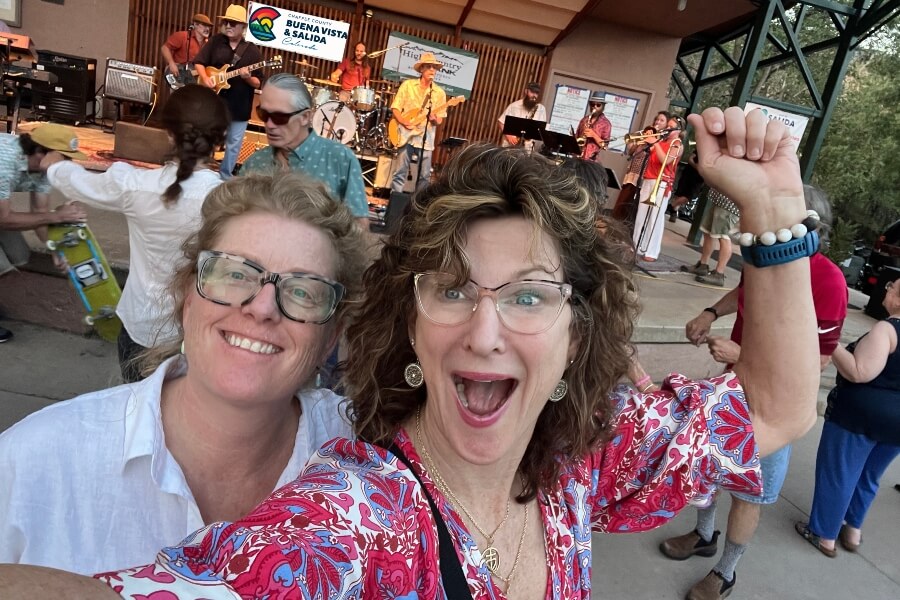


0 Comments